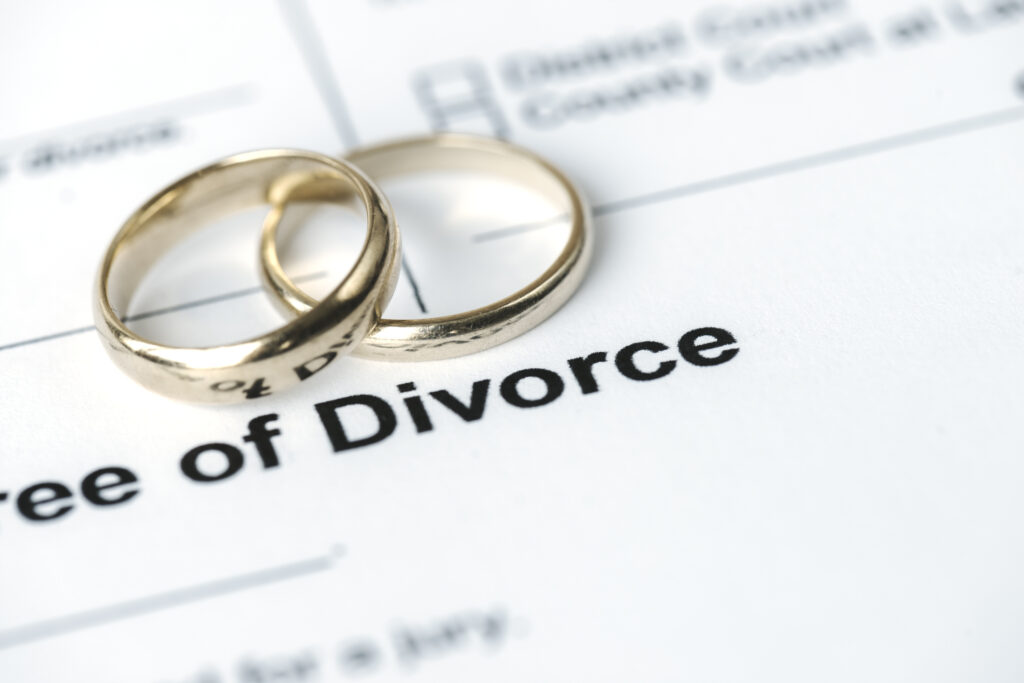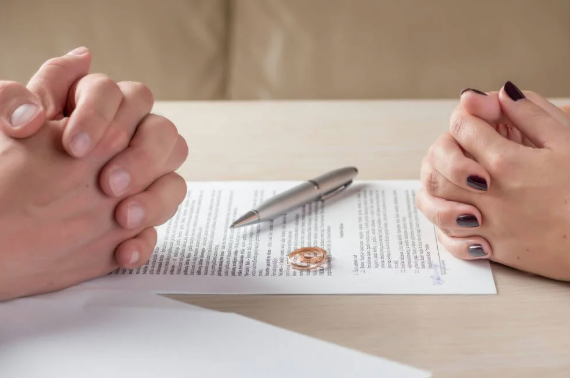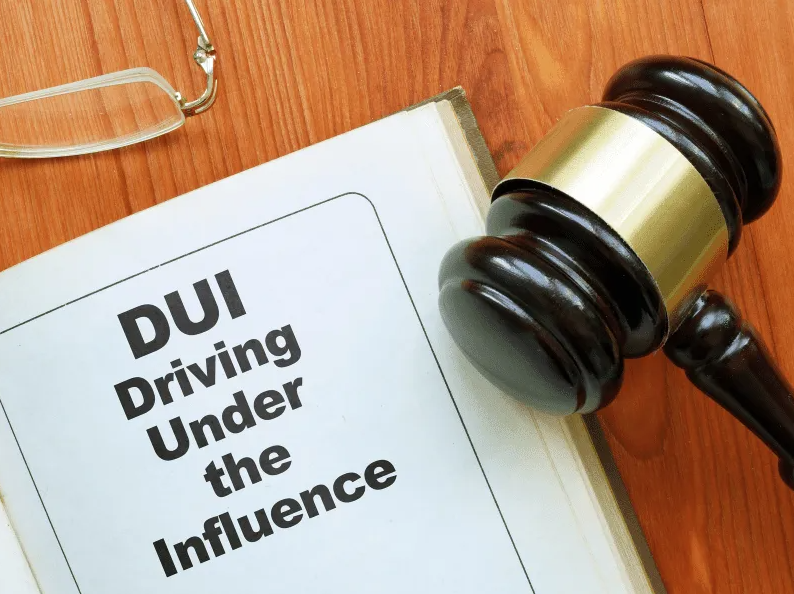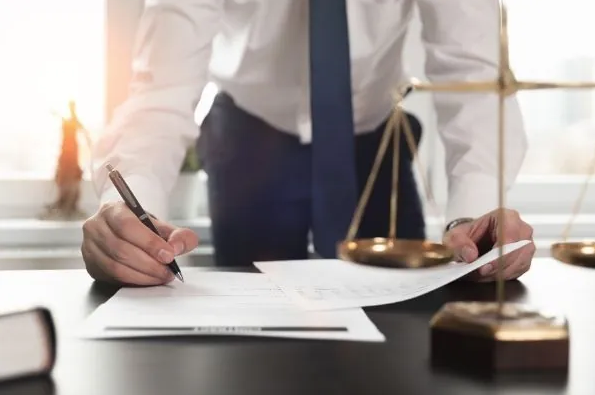What Your Divorce Lawyer Does And What They’ll Need From You?
Understanding your divorce lawyer’s role—and how you can work together—is key to achieving the best possible outcome in your case. Divorce can be emotionally and logistically demanding. While your attorney handles the legal complexities, your involvement remains essential. Even the most skilled lawyer will need your cooperation throughout the process.
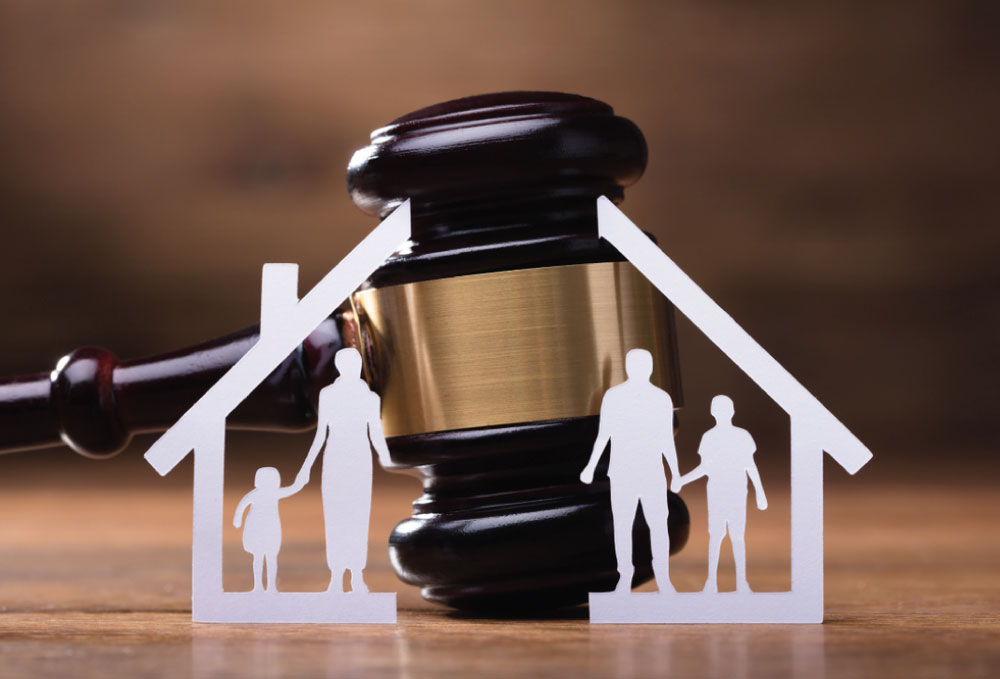
What Your Divorce Lawyer Handles
Your attorney is responsible for managing the legal aspects of your case. This includes:
1.Drafting and filing paperwork
2.Meeting court deadlines
3.Advising you on legal rights and options
4.Representing you in negotiations and court proceedings
You're not expected to understand state laws or legal procedures—that's the lawyer's role. However, your attorney will rely on you for accurate information and key documents like tax returns, pay stubs, and financial records. You'll also be asked to sign forms and assist in preparing your case.
Starting the Process
The divorce process typically begins with an initial consultation at your attorney's office. During this first meeting, the lawyer will listen to your story, ask detailed questions, and explain how the process works. You'll likely be given forms to complete and possibly some 'homework' to prepare.
A strong attorney will also lay out a clear legal strategy tailored to your situation. Some clients prefer their lawyer to take the lead with a more assertive approach. Others want a collaborative working relationship and greater involvement in decision-making. It's important to choose a lawyer whose style matches your needs.
For example:
If you and your spouse are amicable and willing to compromise, a lawyer who encourages cooperation and mediation may be ideal. This is especially effective when both parties can agree on key issues like property division, spousal support, or child custody.
If your divorce is high-conflict—involving domestic violence, uncooperative behavior, or contested custody—your lawyer may recommend a more aggressive approach, such as filing for protective orders or preparing for litigation.
Your lawyer's strategy will be guided by the specifics of your case and the direction you choose to take.
Your Role in the Divorce
You and your attorney will work as a team. While your lawyer will handle the legal heavy lifting, your responsibilities include:
1.Providing accurate background information
2.Collecting financial and personal documents
3.Making key decisions (e.g., whether to settle or go to trial)
4.Attending scheduled court hearings or depositions
Though your lawyer manages the timeline, you must be present and prepared for formal proceedings such as hearings or depositions—even if they are inconvenient. These steps are necessary for a successful resolution.
Is My Lawyer Doing Enough?
Divorces could be slow-moving and, at times, frustrating. However, not all delays are your lawyer’s fault. Factors such as the court's schedule, the complexity of the case, or your spouse's cooperation can affect progress.
A competent attorney should:
1.Communicate with you regularly
2.Provide quality legal work
3.Meet deadlines and court obligations
If you're unsure about your attorney's performance, don't hesitate to discuss your concerns. A direct conversation can often clarify expectations or lead to a revised strategy. If issues persist, consider seeking a second opinion or hiring a different lawyer.
